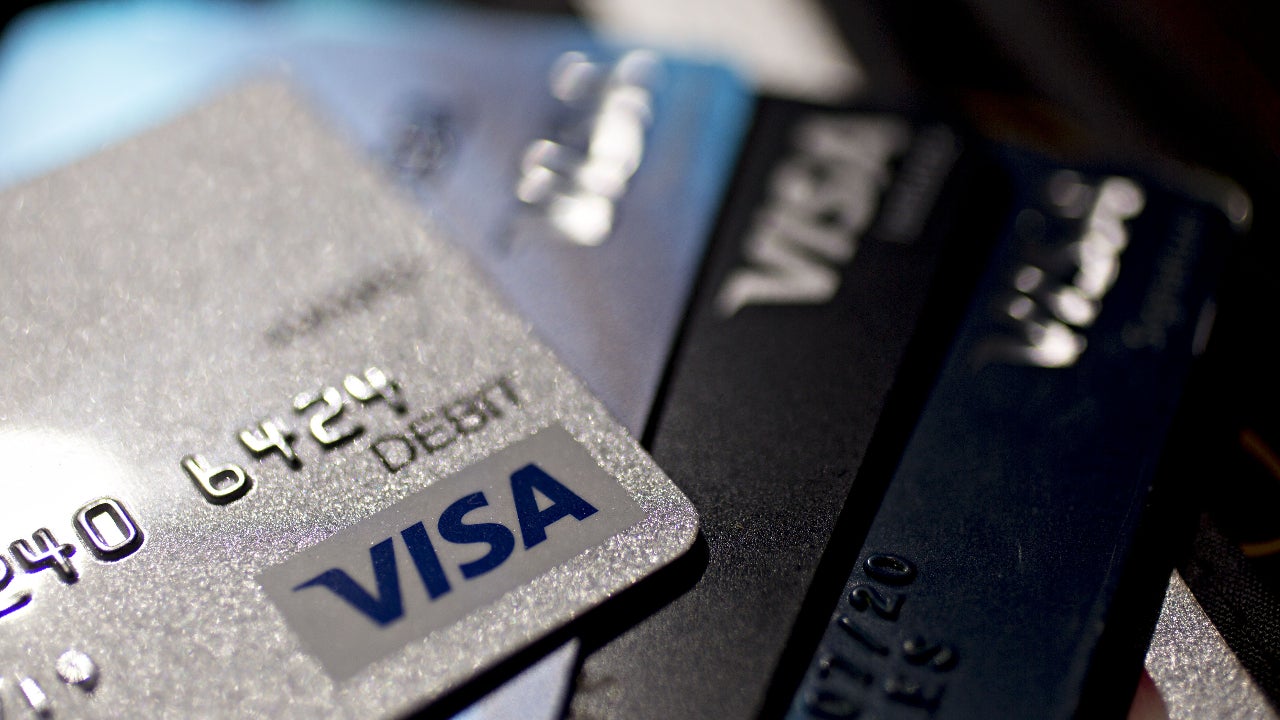The cryptocurrency market experienced several ups and downs in the third quarter, whether as a result of the FTX and Alameda crashes or the announcements of the introduction of the biggest institutions’ own digital currencies.
Visa’s announcement that it is exploring ways to enable automatic bill payment through cryptocurrency wallets is certainly an interesting development. If it will be successful, it can potentially increase the adoption and use of cryptocurrencies for everyday transactions, making it easier for people to use cryptocurrencies in their daily lives.
Catherine Gu, the head of CBDC and Protocols at Visa, stated:
”To help our clients and partners innovate, we need to immerse ourselves in technologies that can bring real value to the payments ecosystem. We’re focused on growing our core competencies in Web3 infrastructure layers and blockchain protocols driving crypto development.”

Auto-payments for recurring bills are a convenient way for users to manage their finances and ensure that their bills are paid on time, and it would be great to see this type of functionality becomes available for cryptocurrency as well.
The use of Ethereum as the underlying technology for this solution is also noteworthy, as Ethereum is decentralized that enables smart contracts and other blockchain-based applications. This means that the transactions facilitated by this solution would be secured by the Ethereum Blockchain, which could provide an added layer of security and trust for users.
Visa delegable accounts to facilitate automatic recurring payments in cryptocurrency
Visa’s proposal for using delegable accounts, also known as “Account Abstraction”, to facilitate automatic recurring payments in cryptocurrency is an interesting solution to the issue of self-custodial wallets not being able to support this type of functionality.
By using smart contracts to delegate certain functions or permissions to other parties, users would be able to set up programmable payment instructions that can push funds automatically from one self-custodial wallet to another at recurring intervals without requiring the user to actively initiate each transaction.
This solution could potentially make it easier for users to manage their cryptocurrency payments and ensure that their bills are paid on time, while still maintaining the security of self-custodial wallets.
The development team does acknowledge that, despite the ease with which auto-payments can be linked into wallets hosted by third parties, like as exchanges, users must still have faith that these organizations would properly manage their assets.
This was shown to be a significant concern this year, particularly in light of the failures of FTX, Voyager, BlockFi, Celsius, and others.
Visa’s experience in the virtual world
Initially, Visa has garnered active interest in three of the greatest things known to man football, art, and NFTs. A new hybrid experience was unveiled by FIFA’s official technology partner earlier last month. The FIFA World Cup Qatar 2022 included an interactive engagement and a pre-event NFT auction as part of this experience, called Visa Masters of Movement.
Visa’s strong involvement in virtual reality demonstrates the company’s interest in NFTs as a means of innovation and an opportunity to explore new possibilities in the digital economy.
 Dennis J.
Dennis J.













